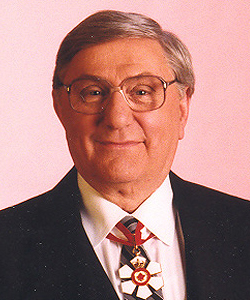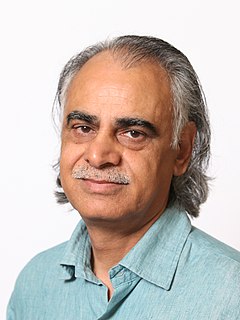A Quote by Martin McGuinness
Commemorations can stimulate debate, which will ultimately lead to a greater understanding of the events of our 'through-other' history and to shape a better future.
Related Quotes
With whomsoever or wheresoever may rest the present causes of difficulty that apparently exist towards either the completion of the old engine, or the commencement of the new one, we trust they will not ultimately result in this generation's being acquainted with these inventions through the medium of pen, ink and paper merely; and still more do we hope, that for the honour of our country's reputation in the future pages of history, these causes will not lead to the completion of the undertaking by some other nation or government.
The asking and the answering which history provides may help us to understand, even to frame, the logic of experience to which we shall submit. History cannot give us a program for the future, but it can give us a fuller understanding of ourselves, and of our common humanity, so that we can better face the future.
It is so important to remember that, as we travel through life, there will be so many events which we can`t control. These are things that seemingly alter our lives forever or become barriers for living a life of fulfillment. It`s important to remember that the ultimate experience of life is not to be controlled by events. We all have difficult events in our lives - the loss of family members, economics, stress, litigation, government interference in our businesses, health challenges. Remember that it is not the events that shape our lives, but, rather, the meaning we attach to them.
There will come a moment when the most urgent threats posed by the credit crisis have eased and the larger task before us will be to chart a direction for the economic steps ahead. This will be a dangerous moment. Behind the debates over future policy is a debate over history-a debate over the causes of our current situation. The battle for the past will determine the battle for the present. So it's crucial to get the history straight.
If one looks at all closely at the middle of our own century, the events that occupy us, our customs, our achievements and even our topics of conversation, it is difficult not to see that a very remarkable change in several respects has come into our ideas; a change which, by its rapidity, seems to us to foreshadow another still greater. Time alone will tell the aim, the nature and limits of this revolution, whose inconveniences and advantages our posterity will recognize better than we can.


































